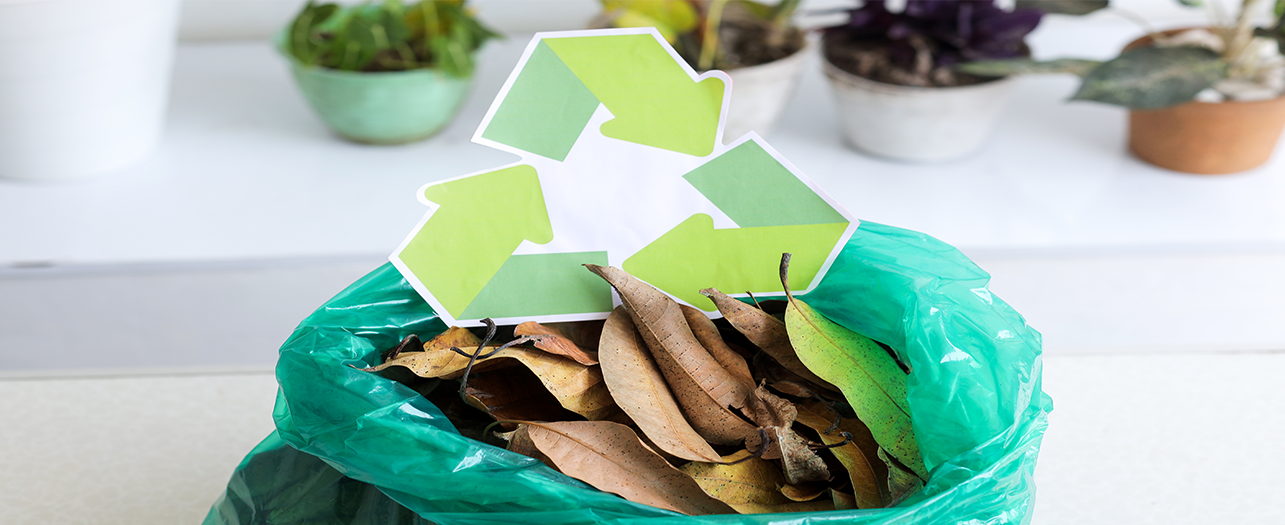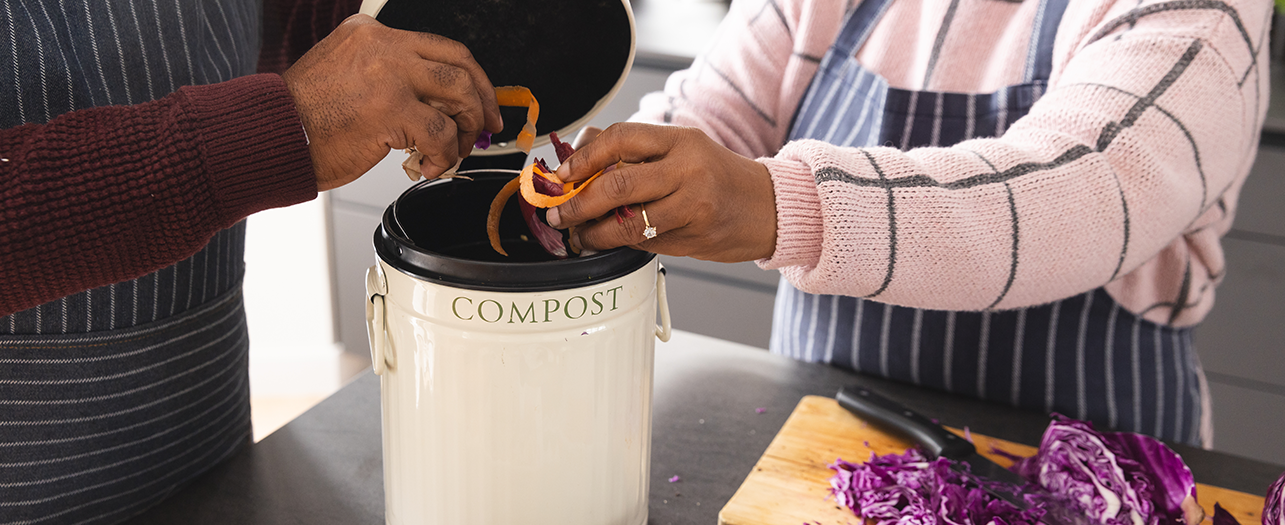Preservation of the Environment has become an imperative in the wake of significant climate change, and scientists are prescribing efforts to bring about environmental change with every tiny step. Whether you’re a multinational business conglomerate or an everyday individual, every little bit counts, and at the end of the day, it’s the collective responsibility of humanity as a whole to bring about this change. We might think our individual contributions don’t matter as much in the grand scheme of things, but the truth is that the smallest of habits collectively followed make the largest impact in the long run. We’re not talking about responsibly tossing a piece of paper into a recycle bin every once in a while here. It’s about making a habit of it, and changing our lifestyle around such habits. As such, just like the rest of the world, environmental sustainability in the UAE has become a priority for its residents.
Waste Prevention is the First Step to Environmental Change
Preventing waste begins before purchase. Order only what will be used, choose bulk or refillable products and favour durable goods over single use items. In food operations, plan menus and apply portion control to cut spoilage. Reducing unnecessary purchases shrinks environmental waste and makes downstream collection more efficient. A one-in-one-out policy for nonessential items helps avoid accumulation that leads to premature disposal.
Waste Segregation at Source Makes a Huge Impact
Separation at the point of discard is simple and powerful. Multi-stream sorting keeps recyclables distinct from organics and general trash, improving recycling yields and reducing contamination. In high-traffic areas, clearly labelled multi-stream recycle bins close to disposal points increase correct sorting rates. For larger generators, skip bins and compactors manage volume and maintain site cleanliness while supporting effective collection and processing.
Treat Food Waste Differently
Organic waste is a major contributor to methane emissions when sent to landfill. On-site aerobic processing or digestion breaks that cycle by transforming scraps into harmless by-products quickly and cleanly. The OG15, also known as the Baby ORCA, is a compact aerobic food digester that processes roughly seven kilograms of food waste per hour and fits tight operations such as food trucks, small hotels and busy shacks. It digests cooked food, fruits, vegetables and many types of meat, providing a practical option for businesses seeking efficient, sustainable food waste handling.
- Don’t Toss the Leftovers: Unless they’ve spoilt or gone stale, don’t get rid of leftover food. We live in an era where we have access to multiple appliances designed to preserve food, so integrate leftovers into meal plans and watch your life take a turn for the better.
- Invest in Composting: Most food waste consists of biodegradable ingredients which can be recycled and turned into compost. This, in turn can help in planting more trees and improving the quality of air around us.
- Recycle the Dry Waste: if you’ve ordering food from home, or carrying to-go packages, or dealing with any packaging in general, make sure you’re segregating these responsibly and contributing to a circular economy that reduces landfill waste generation from such materials.

Extend Life Through Repair And Reuse
Extending product life keeps usable items out of the waste stream and reduces demand for new manufacturing. Routine inventory audits in retail and hospitality identify items ready for refurbishment or redeployment, lowering disposal costs and supporting circular practices. Simple maintenance, donation and resale programmes turn potential waste into value. Encouraging repair over replacement fosters habits that contribute to long term environmental sustainability.
Choose Responsible Disposal Partners
Partner selection matters. Contractors that combine standard trash bins with multi-stream recycle bins, compactors and scheduled collections make it easier for businesses to meet sustainability goals. A service provider that adapts equipment to a site’s waste profile turns policy into operational reality. POWER Bear supplies skip bins, compactors and collection systems tailored to site needs, simplifying the transition to sustainable waste management while keeping daily operations efficient.
Measure And Optimise
Measurement reveals opportunity. Tracking waste volumes by stream highlights where reductions are most feasible. Set clear targets, run short trials such as a week of low-waste lunches and refine processes based on results. Data supports transparent communication about progress in environmental sustainability and helps prioritise investments in equipment, training and collection frequency. Measurement also answers the question what is environmental change by showing concrete shifts in resource use and waste outputs.
Educate Staff And Customers
Education reduces contamination and increases participation. Clear signage, short training sessions and visible sorting stations make correct disposal the easy choice. When staff and customers understand why separation matters, habits form more quickly and deliver predictable results. Simple explanations of the consequences of contamination help embed better practice across teams and customer touchpoints.
Key Takeaways
What is environmental sustainability in the UAE context requires practical systems that reduce landfill, increase recycling and curb emissions. Rapid urban growth and complex waste streams demand scalable solutions that fit daily workflows. Small repeatable actions such as avoiding single use plastics, segregating streams and diverting food scraps from landfill add up over months and years. Combined with the right equipment, reliable service partners and a culture of reuse, these steps turn individual choices into collective progress and lasting environmental change.


